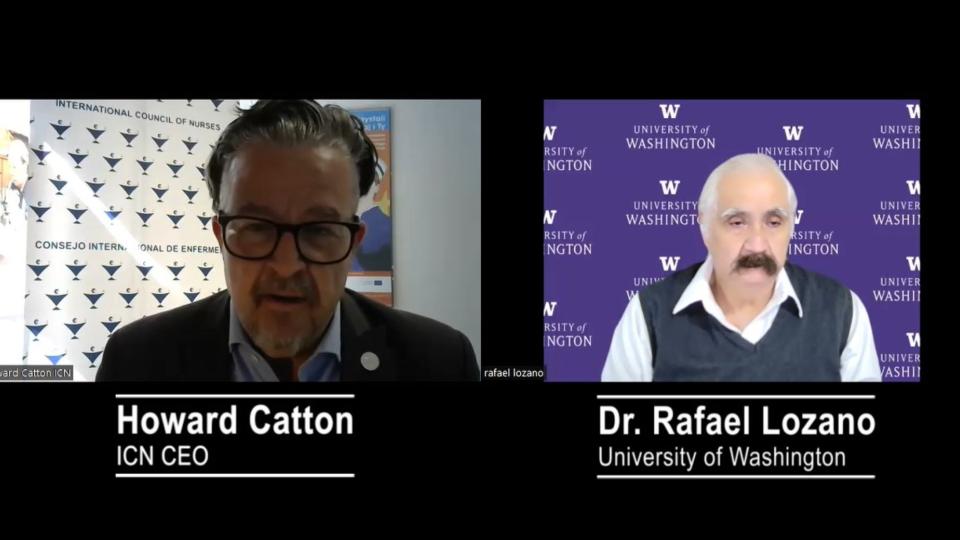ICN says influential research shows that a more ambitious expectation of UHC would require an additional 30 million nurses and midwives

The global shortage of nurses has long been a concern to the International Council of Nurses (ICN).
We know from the World Health Organization (WHO)/ICN State of the World’s Nursing (SOWN) report that there was a six-million-nurse shortage before the COVID-19 pandemic and our own Sustain and Retain in 2022 and Beyond report showed that the COVID Effect coupled with an ageing nursing population indicates that up to 13 million nurses will be required to achieve WHO’s goal of Universal Health Coverage (UHC) by 2030.
However, research carried out prior to the COVID-19 pandemic by the University of Washington School of Medicine Institute of Health Metrics and Evaluation, which was published in The Lancet in May 2022, suggested that the current shortfall could be as high as 30 million nurses and midwives.
Clearly there are stark differences in the size of the global nursing shortage identified and to explore this issue, ICN Chief Executive Officer Howard Catton interviewed one of the principal authors of the study, Dr Rafael Lozano, to understand the methodology and reasons for the different outcomes.
WHO uses a range of indicators which make up its WHO UHC Effective Coverage Index and the aim is to gauge for each country access to a comprehensive range of health services. However, Dr Lozano said that while WHO’s UHC target is based on a value of 30 out of 100 on the Index, the University of Washington researchers used the higher level of 80 which accounts for coverage of increased levels of health needs, and therefore the requirement for a greater number of nurses and midwives.
Using the Index, the researchers found that in the 154 countries that have a deficit, a further 30.6 million nurses and midwives would be required to achieve an Index score of 80 for those populations.
After interviewing Dr Lozano, Mr Catton said: “The revelation that the world has up to 30 million too few nurses and midwives to provide an enhanced level of health care for the global population should ignite not just a serious, urgent debate about the data but immediate action.
‘By using an Index level of 80, Dr Lozano and his colleagues are effectively raising the bar for access to a more comprehensive range of health services, including more care and treatment for non-communicable diseases, infection prevention and control, and higher levels of primary healthcare, all of which are essentially nursing work. If we are more ambitious for people to have better access to more health services, then we will need more nurses and other healthcare workers (HCWs).
‘It is significant to see that the forecast shortage of 30m nurses now accounts for about three quarters of the 40m shortage of all healthcare workers which is because the health needs that are exposed by using an Index level of 80 are overwhelmingly likely to be tackled by nurses – it is nursing work - and that is why ICN has for years been calling for governments to invest in nursing jobs, education, leadership and practice.
‘At the heart of safe, accessible and affordable health systems are nurses with the right skills, in the right numbers, in the right places, with the right resources. The University of Washington research confirms that action is more urgent than ever if people everywhere are to have access to comprehensive and quality healthcare.”
Download the communique here